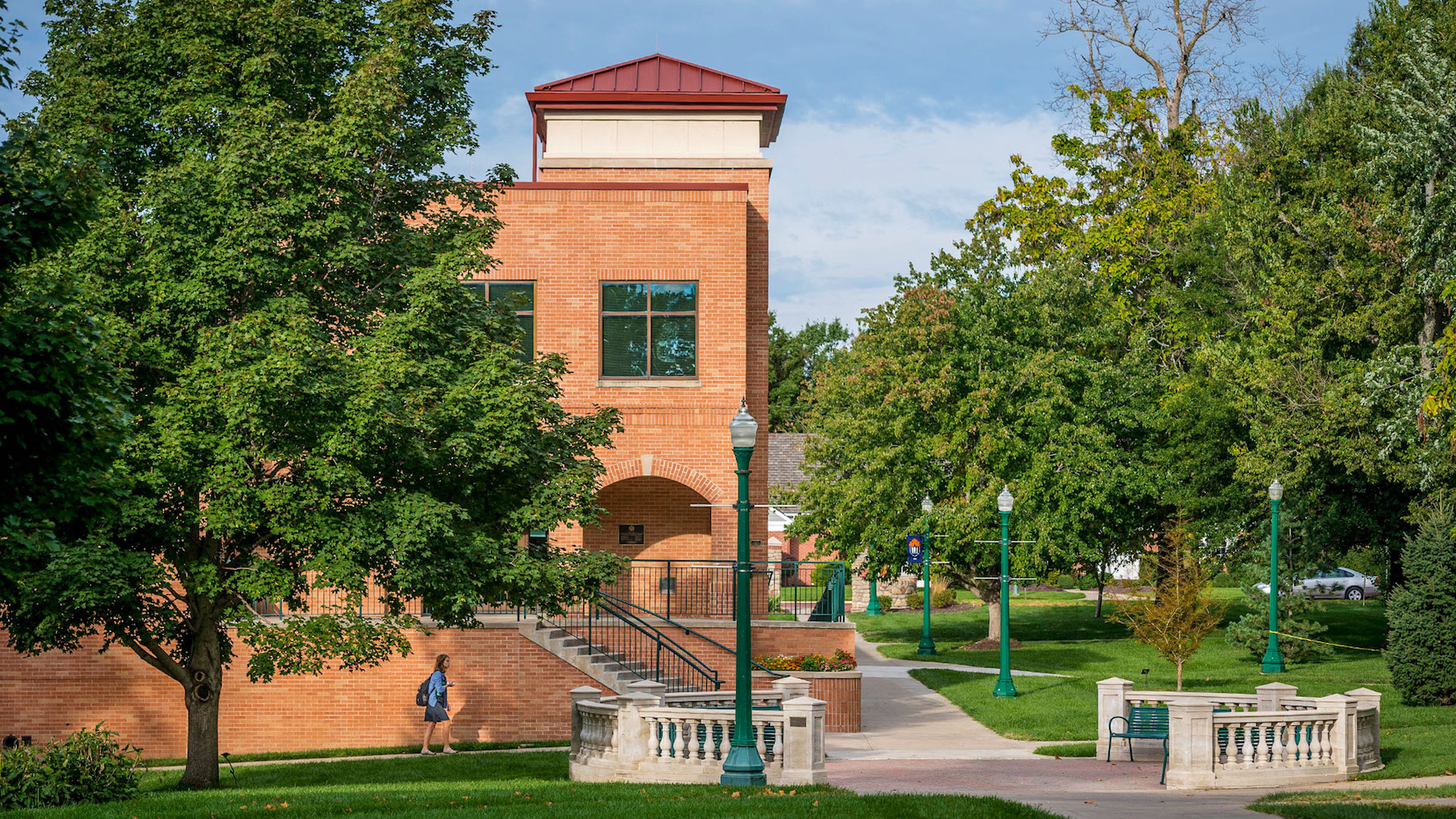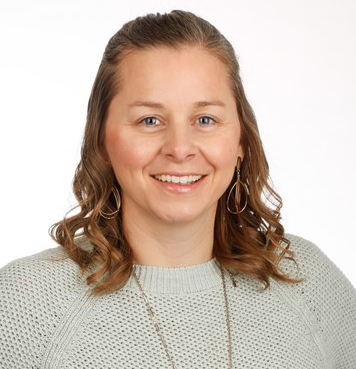A Private Education Within Your Budget
Last year we made these awards:
- 100% of full-time Baker students at the College of Arts and Sciences received financial aid in the form of scholarships and grants—totaling thousands of dollars per student.
- 83% of Baker students received talent-based awards for fine and performing arts, athletics, creative writing, and student-run media.
- More than $25 million in financial aid benefited Baker students, making their education more affordable.
Office of Financial Aid
P.O. Box 65
Baldwin City, KS 66006-0065
Hours
Monday-Friday: 8 a.m. – 4:30 p.m.
How to Apply for Financial Aid
The Baker financial aid package is typically a combination of university scholarships, state and federal grants, campus work, and student loans. Only loans must be repaid after graduation.
During your search of colleges, you will find that Baker University’s total direct cost of tuition, fees, and on-campus room and board is highly competitive with other private institutions.
1. Fill out Baker’s Application for Admission and Financial Aid, preferably during the fall.
2. Complete the FAFSA. Priority deadline is March 15. Baker’s federal school code is 001903. FAFSA 2024-25 Update
3. Complete the entrance counseling and loan application online if you want to use federal student loan eligibility. Use your Student Aid ID (formerly FSA ID) to sign in.
4. Investigate additional payment options: Outside scholarships, Nelnet Commerce Payment Plan, and outside loans.
FAFSA | Free Application for Federal Student Aid
Central to the financial aid process is the Free Application for Federal Student Aid (FAFSA). The FAFSA can be located and completed online. This federal form determines a student’s eligibility for state and federal funds by analyzing income and asset data. All recipients of Baker-funded aid must be enrolled full time. The Office of Financial Aid uses the FAFSA to calculate the funds that can be expected from a family to meet educational costs at any college in the United States. This student aid index is subtracted from an established budget at Baker to determine financial need. Federal and state regulations prohibit students from receiving need-based aid in excess of their calculated financial need. Recipients of federal or state grants, loans, or campus work must be U.S. citizens or eligible noncitizens.
Independent & Dependent Students
Independent/dependent student status is determined on the FAFSA. To be independent by age, the student must be 23 by Jan. 1 of the FAFSA year, a veteran, a ward of the court or an orphan, married prior to the completion of the FAFSA, in graduate school, or supporting a child or dependent parent.
Financial Aid Disbursement
Financial aid is disbursed to your account at Baker University. If excess funds exist after all tuition and fees are paid, a credit balance will be available.
Federal & State Financial Aid
All students must complete the FAFSA (Free Application for Federal Student Aid). All applicants who receive a Federal Pell Grant or Federal Supplemental Education Opportunity Grant will have a loan included in their awards. Applicants may decline the loan; however, a grant or scholarship will not be substituted for a loan that is declined.
Kansas Comprehensive Grant (need based)
Kansas residents should apply for this need-based, state-funded grant by filling out the FAFSA by March 15. Applicants must be enrolled in a minimum of 12 semester hours and maintain a cumulative 2.0 GPA. This grant is available for eight semesters if you show financial need.
Kansas State Scholarship | $100–$1,000 (need based)
Kansas residents must release their ACT test scores to the Kansas Board of Regents (KBOR) no later than the December test date of their senior year in high school. In addition to completing the FAFSA, students must also complete an additional state aid application. Selection is determined solely by KBOR. Renewal is based on maintaining a cumulative 3.0 GPA.
Kansas Ethnic Minority Scholarship
Designed to assist financially needy, academically competitive students who are identified as members of any of the following ethnic/racial groups: African American, American Indian or Alaskan Native, Asian or Pacific Islander, or Hispanic. Selection priority is given to Kansas residents who will graduate from a Kansas high school in the current year. The minimum academic requirements include one of the following: 1) ACT score of 21 or SAT of 990, 2) cumulative high school GPA of 3.0, 3) high school rank of upper 33%, 4) completion of Kansas Scholars Curriculum, 5) selection by National Merit Corporation in any category or 6) selection by College Board as a Hispanic Scholar. New applicants must have their high school counselor, registrar or similar official complete the back of a State Aid Application. All applicants complete and submit the FAFSA. Awards are based on financial need. Ethnic Minority scholarship recipients may receive up to $1,850 annually based on 1) financial need as determined on the FAFSA and 2) availability of State funds.
Federal Pell Grant | $767–$7,395 (need based)
The U.S. Department of Education determines recipients and the amount of the award based on FAFSA results. The Pell Grant is targeted to high-need students.
Federal Supplemental Education Opportunity Grant (SEOG) | need based, as funds are available
Recipients must show need on the FAFSA each year for renewal. Grants will be awarded to students with exceptional need for funding. The amount can vary each year and depends on funding. Preference is given to students who are eligible for Federal Pell Grants.
Federal TEACH Grant | up to $3,772
Students who intend to teach in a school that serves students from low-income families, AND are majoring in a high-need field of a foreign language, mathematics, reading specialist, science, or special education, can be considered for a grant up to $3,772 per year. It is recommended that students complete introductory courses in education before considering this grant program due to the service obligation requirements; therefore, this grant is not available to freshmen.
Federal Direct Student Loans (need based)
A Subsidized Loan is based on need, and the government pays the interest while you are in school. An Unsubsidized Loan is available to students regardless of financial need. The federal government does not pay the interest while you are in school. You have the option of paying the interest while you’re in school or having it added to the principle when you go into repayment. The FAFSA is required annually.
Federal Direct Parent Loan for Undergraduate Students (PLUS)
The maximum amount parents may borrow is the cost of attendance minus all other financial aid. The FAFSA must be filed annually, even though this loan is not based on need.
Federal Work Study (FWS) (need based)
Awarding of Federal Work Study eligibility does not guarantee a job. The average number of hours per week is six. Students are only paid for the hours they work. Renewal is based on job performance and by maintaining a 2.0 GPA.
Payment Options
Baker offers interest-free payment plans for students who choose to extend payments. The total amount due for the year after scholarships, grants, and loans are deducted is divided into payments beginning as early as July preceding the fall semester. Contact Nelnet Campus Commerce for additional information.
Private Loans
A variety of private credit-based student loans are available. Information about these loans is available from Baker’s Financial Aid Office.
We recommend that you exhaust all federal student loan eligibility before applying for a private credit loan. Private credit loans can help bridge the gap between the actual cost of your education and the amount the government allows you to borrow. Private loans are credit based and lenders will review your history of borrowing money and paying it back; therefore, they can be denied.
Here is a list of lenders that Baker University has worked with: elmselect.com. Enter Baker University and choose undergraduate.
All freshmen must have a credit-worthy coborrower, and upperclassmen with weak credit history may be required to have a coborrower. Repayment begins six months after you graduate, leave school, or drop to less than half-time enrollment. The minimum monthly payment is typically $50, and flexible repayment options are available.
Learn more about College of Arts & Sciences academic scholarships


